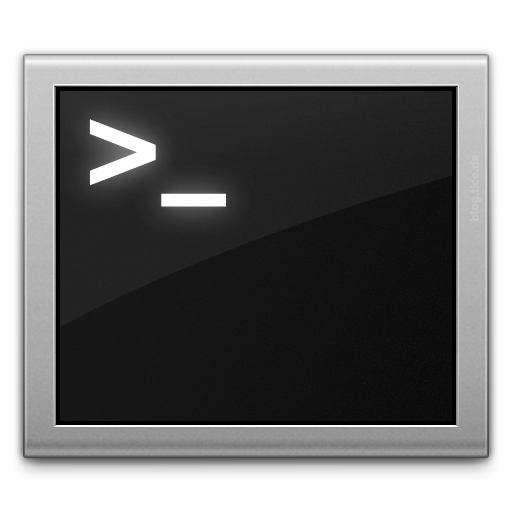On my Windows machines at both work and home, I like to run Cygwin
to get a UNIX-like environment on Windows: screen, ssh, grep, etc.
I use SSH's public key authentication
pretty extensively to get password-less authentication to make it dead-easy
(and quick!) to SSH around to different machines.
On some of the non-UNIX machines at work, I couldn't get SSH public-key auth
working, but those machines do support Kerberos auth (binding to Active
Directory). Based on my Google searches, all I could find were articles talking
about compiling OpenSSH from source to get a working Kerberos-enabled version
of OpenSSH on Cygwin. So, that made it sound like it would be a pain to get
this working. But, after doing some more playing around, I found this was
actually easy to setup once you understand the various pieces. Since I couldn't
find any helpful information online when I first tried to get this working, I
figured I'd write up what worked for me in case that helps other people.

 About a year and a half ago, I stumbled upon Ryan Tomayko's "
About a year and a half ago, I stumbled upon Ryan Tomayko's "